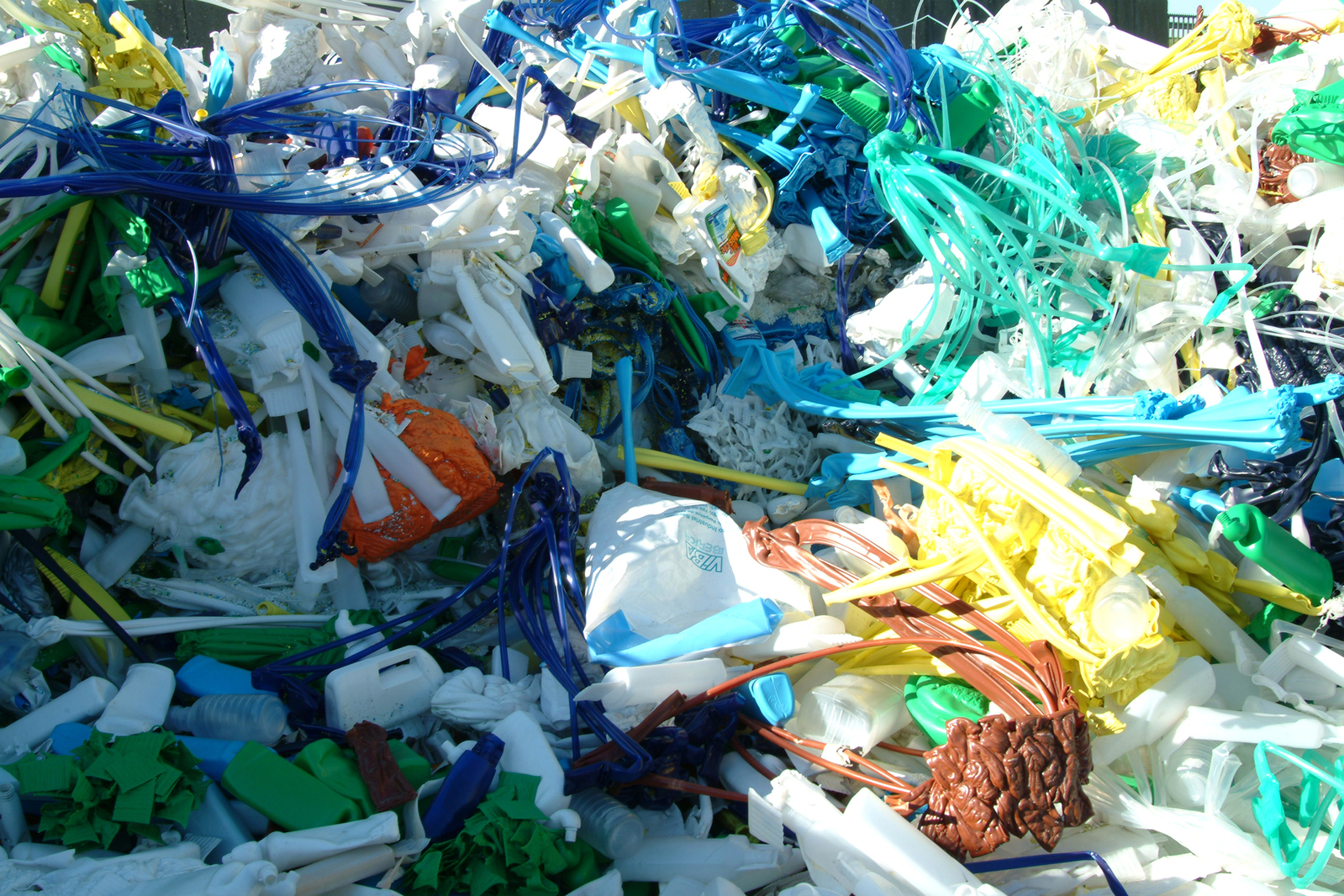
The COVID-19 crisis has severely impacted the plastic recycling value chain owing to extended lockdowns and movement restrictions, as per a study commissioned by Circulate Capital, carried out by GA Circular, to understand challenges faced by the plastics recycling industry in South and Southeast Asia.
Based on more than 100 interviews (recyclers, processors, aggregators, junk shops and informal sector workers), this study highlights six key COVID-19 impacts on the recycling value chain in India, Indonesia, Vietnam, Thailand, and the Philippines. Some of the key observations made on the impacts of the pandemic are:
- More than 80% of the recycling value chain was not operating during the height of the pandemic in Vietnam, India and The Philippines, resulting in an increase of plastic entering landfills and, likely the environment.
- More than 40% of actors in the recycling value chain are at risk of permanent closure or bankruptcy.
- There was a 65% reduction in plastic volumes collected and sorted by the informal sector, affecting the most vulnerable workers in the value chain.
- There was a 50% drop in demand for recycled plastics and 21% drop in sales prices experienced by recyclers.
Noting that several small-scale recyclers and aggregators have been permanently closed, the Report highlights that worker shortages are a challenge in India, where up to 60-80% of workers within the plastic value chain left urban areas over April to June to go back to their hometown – well above the 20-30% normal for this period. The impact of worker shortages is the highest at the collection stage of the value chain.
Fear of catching COVID-19 is extremely high in India, affecting the volume of plastic collected, traded, and recycled along the value chain. Multiple recyclers have reported that employees do not want to handle feedstock, even after it has been put aside for ten days.
Finally, as per the report, MLP (multi-layer plastic) processing is severely impacted by the closure of cement kilns and/or additional payments required by cement kilns to process the MLPs. Researchers met several recyclers who expressed concern that brand owners will cut their EPR commitment goals and budgets.
The report concludes with recommendations for a three-phased approach to prevent lasting damage to the recycling industry.
To discuss the findings of this report, a virtual conference was organized on September 24.
Picture Credit: Photo by Bo de Visser from FreeImages



